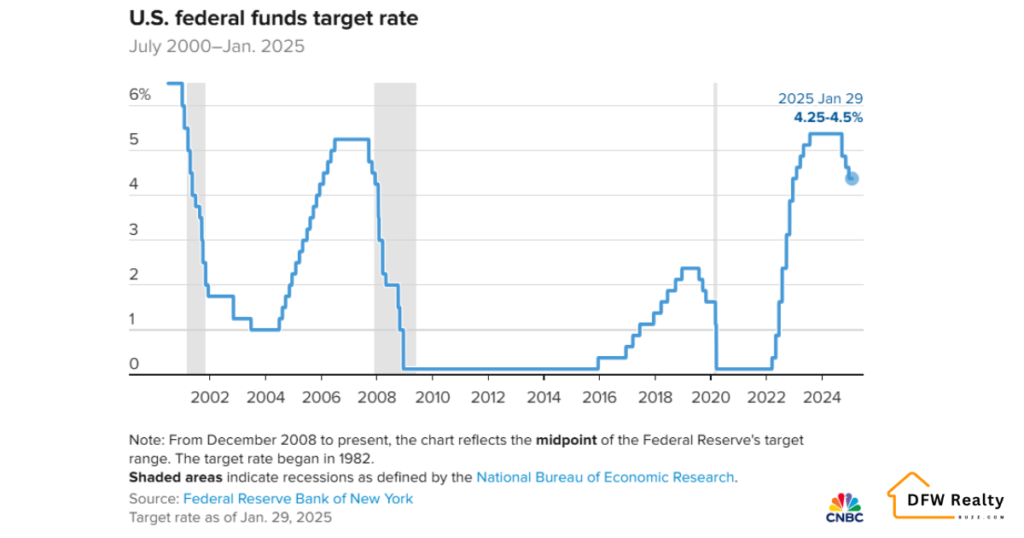Most people see owning a home as a giant money pit—and hey, it’s easy to feel that way. Between your mortgage, insurance, property taxes, repairs, and never-ending maintenance costs, it does seem like the bills just keep piling up. But here’s the part that often gets missed: your home can actually pay you back—especially when it’s time to file your taxes.
If you’re a homeowner, you might be sitting on some valuable homeowner tax deductions and credits that can lower your taxable income, boost your refund, or at the very least, make your tax bill sting a little less. Let’s dig into all the ways your home could help you keep more of your hard-earned cash.
Table of Contents
Homeownership = Hidden Tax Benefits
Being a homeowner unlocks a lot of tax write-off opportunities. Let’s break down some of the most common ones that you might be eligible for:
1. Mortgage Interest Deduction
This is a biggie, especially in the early years of your loan. If you have a mortgage on your home, you can deduct the interest you’ve paid on up to $750,000 of mortgage debt ($375,000 if married and filing separately). Since mortgage interest tends to make up a large portion of your payment in the first few years, this deduction can pack a serious punch.
2. Property Tax Deduction
If you itemize your deductions, you may be able to deduct up to $10,000 ($5,000 if married filing separately) in combined state and local taxes—including property taxes. This is another solid reason to keep those tax bills handy at filing time.
3. Home Office Deduction (For the Self-Employed)
Run your business from home? You may be able to deduct a portion of your mortgage interest, utilities, internet costs, and even repairs—so long as you have a space used exclusively and regularly for your business. It’s one of the most underutilized deductions among home-based entrepreneurs.
4. Energy-Efficient Home Credits
Have you made upgrades like solar panels, new windows, insulation, or a high-efficiency HVAC system? You might qualify for federal tax credits worth up to 30% of the cost of qualifying energy-efficient improvements. These credits can directly reduce the amount of tax you owe—so they’re well worth tracking.
Renters vs. Homeowners: Tax Season Showdown
Wondering how this all stacks up compared to renting? Here’s a quick breakdown to show why owning can be more beneficial when April rolls around.
| Tax Benefit | Renters | Homeowners |
|---|---|---|
| Monthly payments build equity | ❌ | ✅ |
| Mortgage interest deduction | ❌ | ✅ |
| Property tax deduction | ❌ | ✅ (up to $10K) |
| Home office deduction | Rare | ✅ (if self-employed) |
| Energy-efficient credits | ❌ | ✅ (up to 30%) |
| Improvements add personal value | ❌ (benefit landlord) | ✅ (add equity/value) |
Tax Checklist for Homeowners
Before you start filing, make sure you gather everything you’ll need to claim those valuable deductions and credits:
- Form 1098 – Shows how much mortgage interest you paid (you’ll get this from your lender)
- Property Tax Bills – Collect your annual statements or payment records
- Receipts for Home Improvements – Especially anything that qualifies for energy-efficient tax credits
- Home Office Documentation – Includes square footage, utility costs, and proof of exclusive business use
- Closing Documents – If you bought or sold your home this year, keep these handy
- Energy Credit Records – Particularly important for projects that span multiple years (like solar installations)
Final Thoughts About Homeowner Tax Deductions: Your Home Could Be a Tax Advantage, Not Just an Expense
Your house isn’t just your biggest expense—it might also be your biggest tax break. Whether it’s mortgage interest, property taxes, energy upgrades, or that home office you’re running your business from, there’s serious money on the table.
Of course, every homeowner’s situation is a little different. If you sold your house, made major upgrades, or started working from home last year, definitely check in with a tax professional. They’ll help you uncover any additional ways to reduce what you owe or increase that refund.





